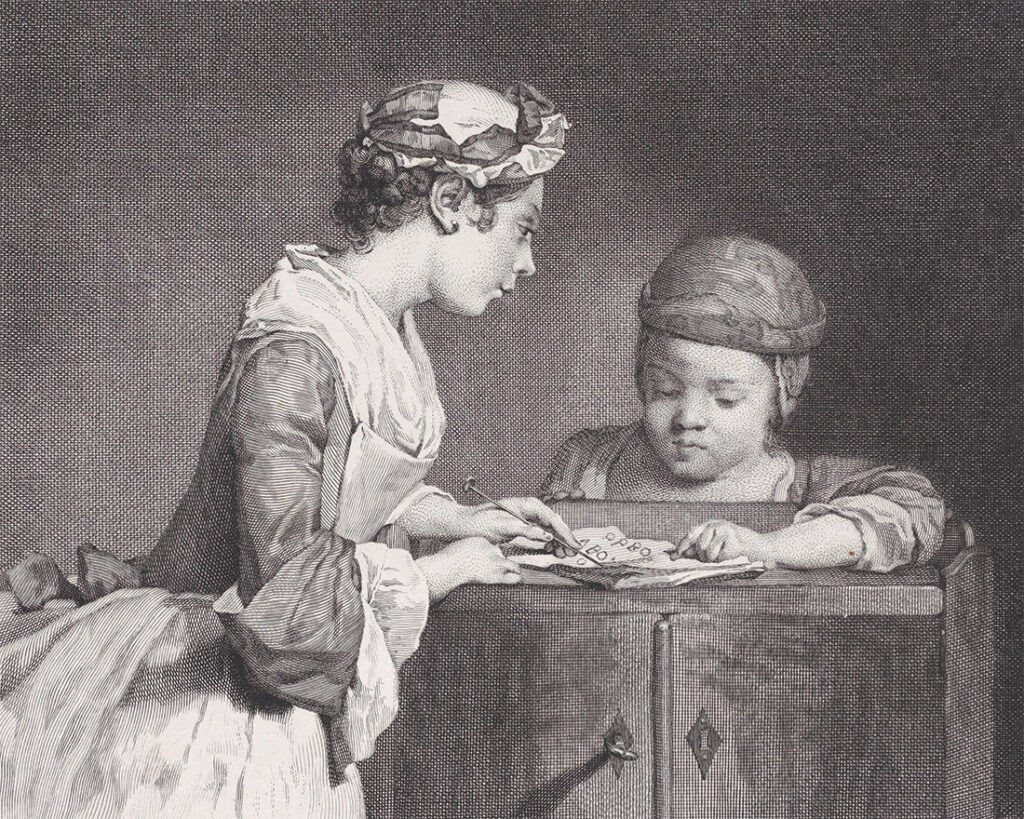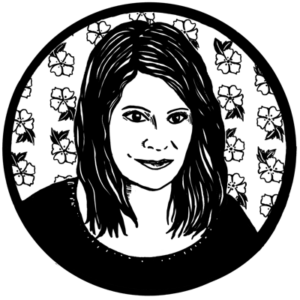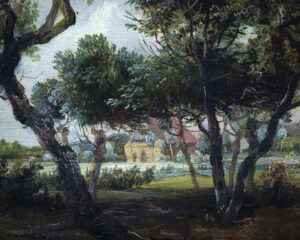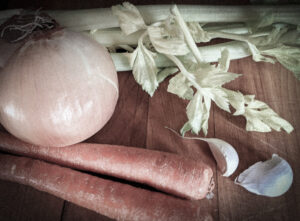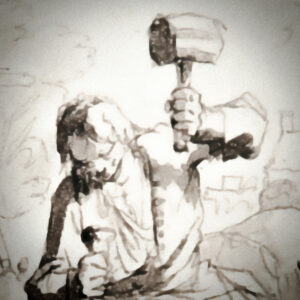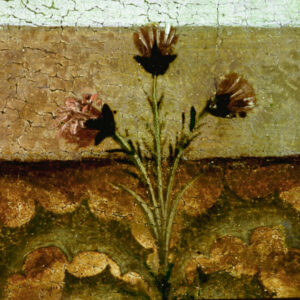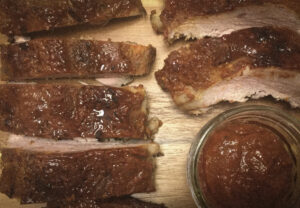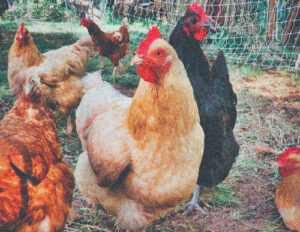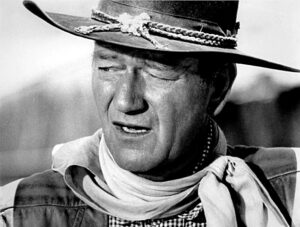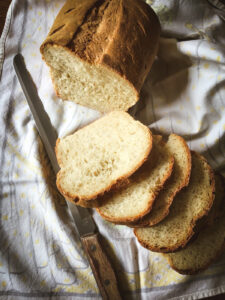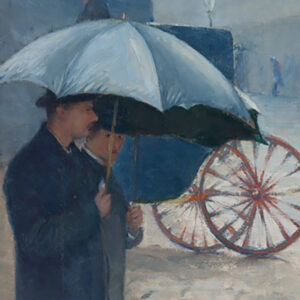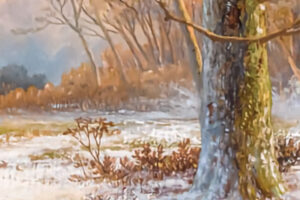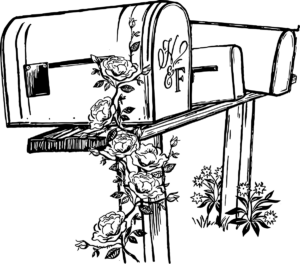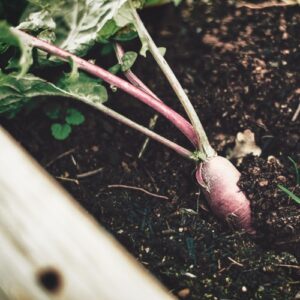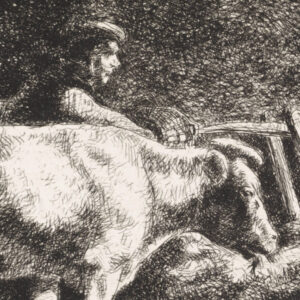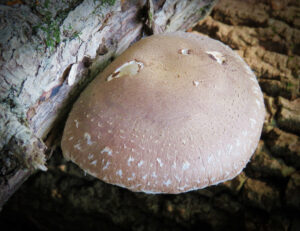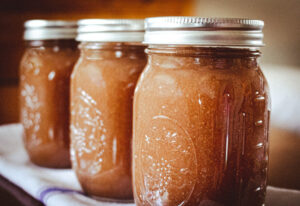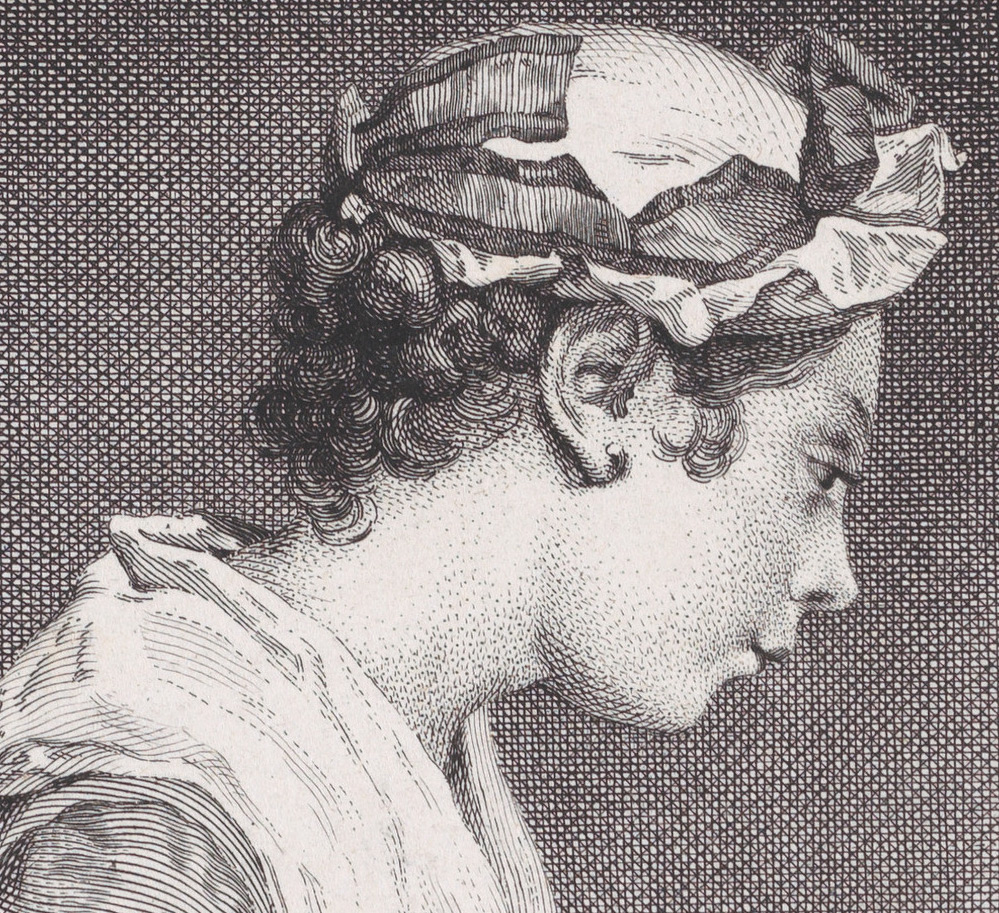
Dear Google,
You Are Not Homeschool

Mrs. Gina Loehr

Premium Feature
Sorry, this feature is only available for H&F Print Premium subscribers. You can sign up here.
(If you are already a Print Premium subscriber, be sure to click the authentication link you were sent by email so this won't happen again.)

I was homeschooled before it was legal — or, at least, before the legislation was clear enough to conclude that we weren’t outlaws. It was the early 1980s, and we lived in a state with very vague rules about allowable “excuses” from compulsory attendance at school. Nevertheless, my parents didn’t let the ambiguity stop them from doing what was best for their kids.
My brother was suffocating from boredom in his third-grade classroom, and I was having anxiety attacks in first grade, so my mom and dad decided to try homeschooling. We and a few other renegade families sniffed each other out and formed a rough-hewn co-op that met once a month to do crafts. Other than that, my parents were on their own.
We didn’t personally know anyone who had been homeschooled or anybody who had homeschooled their kids. Ready-made homeschool curricula were practically non-existent, the advent of online resources for home education was still decades away, and Google was not yet a “classroom” — it was not yet a search engine — it was, if anything, a funny word. I’d like to think of my mom and dad in those early days as educational pioneers. But I don’t know if one can actually pioneer something that has been the norm throughout history and only fallen from favor in the past century or so.
Ready-made homeschool curricula were practically non-existent, the advent of online resources for home education was still decades away, and Google was not yet a "classroom"....
Our homeschool experience was a rich one. In many ways, our homeschool resembled “regular” school. We had desks and workbooks, a big world map, and a full-sized chalkboard. We even had a regular schedule. But we also had a mom with experience in early childhood education and a math professor for a dad, so we were able to take a five-week field trip out west, earn Junior Naturalist badges out east, and build bookshelves out in the garage as part of our curriculum. We played outside a lot. We varnished hand-crafted wooden napkin holders for Christmas presents. We memorized Bible verses with our Baptist neighbors. In the fourth grade, my brother flourished solving algebra problems and fashioning endless “science experiments.” During that same time, I recovered from my neurosis, and my little brother was happy as a proverbial lark.
The homeschool experience only lasted two-and-a-half years for me, but it was perhaps the most formative element of my childhood. I re-enrolled in our Catholic school in fourth grade because I loved the idea of school and thought I wanted to be a teacher when I grew up. I made friends at the parish school and navigated the new environment without trouble, but I always carried with me a little secret sense that I was different because I had been homeschooled. That strong self-identity served as a shield as I trudged through the social foolishness and peer pressure that characterized my educational journey.

When the time came to start thinking about educating my own children, homeschooling was in the forefront of my mind. I recalled how much homeschooling had benefited me and how it increased my confidence. I remembered gratefully how it rooted my identity and self-esteem in who I truly was before I encountered a mob of people telling me who they thought I should be. I wanted my children to love learning and to recognize and appreciate the good, the true, and the beautiful. I knew I could steer them towards those things through homeschool. We embarked upon a journey that vaguely resembled the homeschooling of my childhood. We chose to follow a classical curriculum. I was astonished to see my little children’s capacity to memorize beautiful poetry and discuss the meaning of Aesop’s fables. I taught my kids to read and write and how to add and subtract. Even though I had only previously taught at the high school and university levels, I managed to pull off the elementary education essentials.
Within a few years, my older children began to want the experience of going to school, so we sent them to our small rural Catholic school while I kept cycling my younger ones through homeschool for preschool and Kindergarten. At his request, my oldest son came back home in third grade, but the others stayed the course at school — until COVID-19 came around. Suddenly, I had all six kids at home with me at once, along with a load of assignments that required my oversight and assistance pouring in from Google Classroom every day.
It was miserable.
Not because of everyone being home — that proved to be a revolutionary development in our family’s experience of joy — but because, as a homeschooling parent, I knew education at home didn’t have to look like this. We sent our kids to school so they could enjoy being part of a community of people, building relationships with others outside the family, learning from teachers with different gifts and personalities, navigating the joys and challenges of social existence. We sent them there in spite of —not because of — the education they would receive. I knew that I was capable of teaching my children the material best suited to them as individuals, and that I did not need professional educators dictating our family schedule or requiring us to check “complete” boxes to prove our worthiness.
As I was helping my children complete their Google-based assignments, I became more and more frustrated. The e-books and the online learning games and video tutorials were bombarding their heads with facts and their eyes with images, but nothing was shaping them holistically. Their experience was merely a series of actions that lacked the organic, human sensitivity to this particular child and this particular subject at this particular moment. It was a collection of digitized, electronic, emotionless tasks, not a means of shaping my children into better people. This virtual learning neglected virtue development — the most important part of education. And I suspect that their teachers were equally frustrated with the limits and limitations of remote education.
It was a collection of digitized, electronic, emotionless tasks, not a means of shaping my children into better people.
My Catholic formation impressed a definition in my mind: “virtue is an habitual and firm disposition to do the good.” Truly educating our children is not so much filling their minds with statistics about Mexican culture or the names of Saturn’s moons, as it is filling their souls with goodness. Education should form children into people who do what is right by force of habit, who recognize the differences between — and ultimately have the courage to choose correctly between — beauty and ugliness, truth and falsehood, and good and evil.
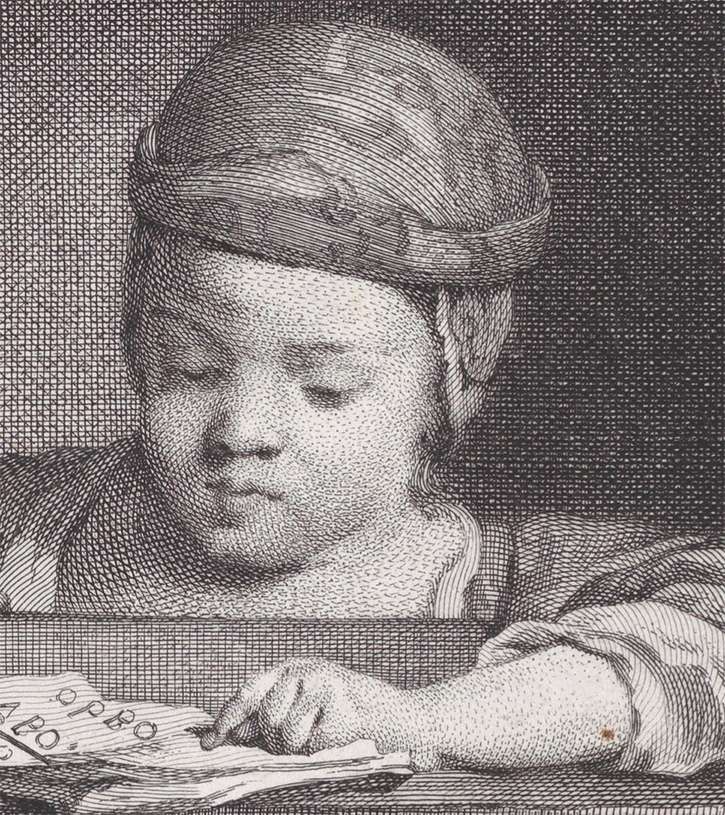 By the third week of quarantine, I decided that I wasn’t going to spend any more time clicking submit buttons with my six-year-old after she finished her lineup of science and social studies themed e-books for the day. So, we stepped away from Google classroom and stepped into Robert Louis Stevenson’s A Child’s Garden of Verses, illustrated by Tasha Tudor — a masterpiece of poetry that captivates the imagination and artwork that parades beauty before a child’s eyes. We sat in the family room, no devices within reach, and read together. Instead of looking at screen-based images and fancy-font words about the difference between metamorphic and igneous rock, my six-year-old daughter memorized poems, including this couplet by RLS: The world is so full of a number of things / I’m sure we should all be as happy as kings.
By the third week of quarantine, I decided that I wasn’t going to spend any more time clicking submit buttons with my six-year-old after she finished her lineup of science and social studies themed e-books for the day. So, we stepped away from Google classroom and stepped into Robert Louis Stevenson’s A Child’s Garden of Verses, illustrated by Tasha Tudor — a masterpiece of poetry that captivates the imagination and artwork that parades beauty before a child’s eyes. We sat in the family room, no devices within reach, and read together. Instead of looking at screen-based images and fancy-font words about the difference between metamorphic and igneous rock, my six-year-old daughter memorized poems, including this couplet by RLS: The world is so full of a number of things / I’m sure we should all be as happy as kings.
To be sure, igneous rock is among that number of things, but merely knowing the name and characteristics of the rock doesn’t make us happy; appreciating the gift of wonderful, diverse, beautiful, useful, things — like rocks and trees and grasshoppers and cheese — brings us joy. Unless we put our discussions about hardened lava in that context, science is little more than trivia and the natural world ceases to be cause for wonder, for curiosity, for gratitude.
My daughter began to thrive when we changed course and my frustrations were greatly reduced. Together with the kids, we decided that our family was going to homeschool in the fall. Throughout our experience of remote learning, I wanted to proclaim from the rooftops that, even though it involves parents helping to educate their children at home, virtual schooling is not homeschooling. Churning through a teacher’s posted assignments and objectives may accomplish some things, but it does not begin to replace what parents can do when they chart the course as the ones who best know, and most love, the child seated by their side.
So I say to the world’s information warehouse, as it dutifully scans and indexes these words: You are many things, dear Google, but you are not and have never been and will never be homeschool.
